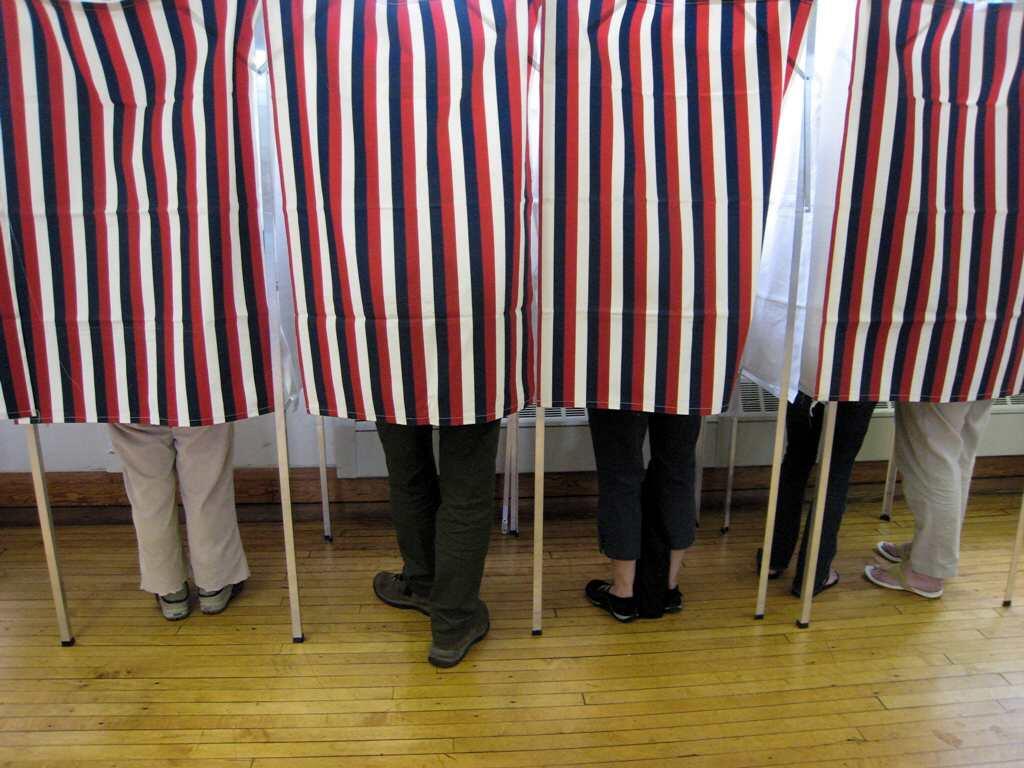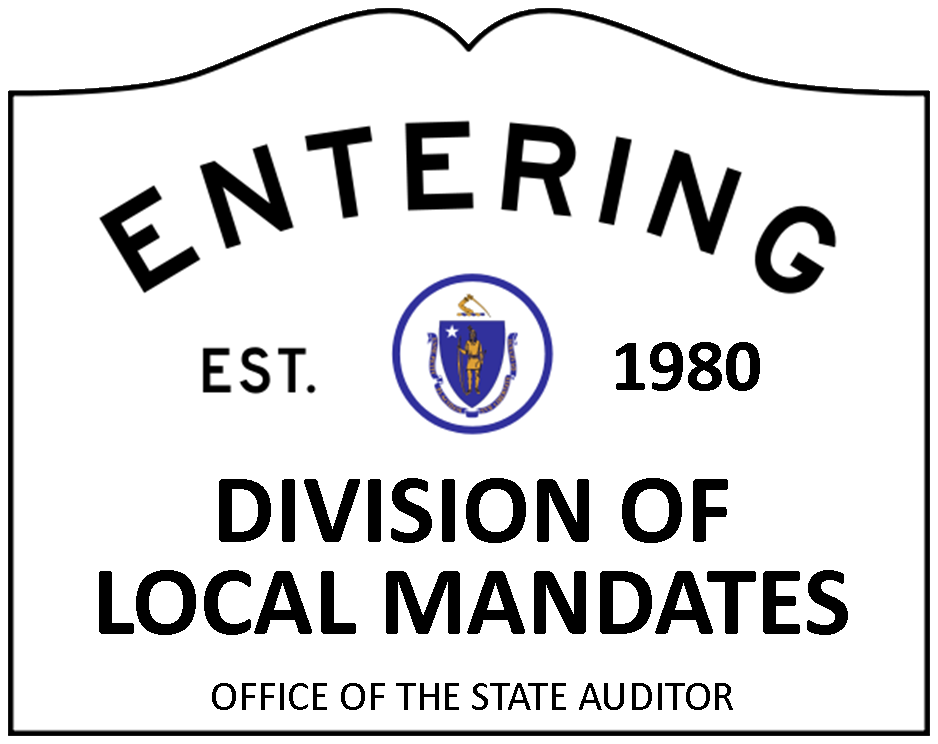- Office of State Auditor Suzanne M. Bump
- Division of Local Mandates
Media Contact
Mike Wessler, Communications Director

Boston — Auditor Suzanne M. Bump is asking Massachusetts city and town clerks to provide a formal accounting of unfunded mandated costs related to early voting in the 2016 election cycle. This request is a result of recently passed legislation requiring that this information be reported to the Legislature. Town Clerks received a survey from Bump’s Division of Local Mandates (DLM) today.
“There is no more powerful way for citizens to make their voices heard than by voting. Early voting was a success in 2016 because it made the ballot more accessible to Bay State residents, however we found the state was not funding all related required costs,” Bump said. “My office’s certification of these costs will be an important step toward strengthening the early voting law, and providing municipalities with necessary resources to offer this service.”
In February, Bump determined that parts of the early voting law are an unfunded mandate on cities and towns. She pointed to the requirements that municipalities establish an early voting polling location that has sufficient staffing and privacy for voters as the factors driving this determination. Based on of an informal survey of municipalities, Bump’s office estimated cities and towns spent more than $720,000 on these unfunded, mandated expenses.
As a result of this determination, the Massachusetts legislature tasked Bump’s office with providing a formal certification of the costs to cities and towns in the 2016 election. Municipalities must respond to this survey by November 29, 2017. This certification will help legislators allocate funds to reimburse municipalities for 2016 costs.
Under the Local Mandate Law, cities and towns can petition Bump’s office to issue a determination on whether a state law constitutes an unfunded mandate. If Bump’s office determines an unfunded mandate exists, the petitioning city or town can use the determination to seek a court-ordered exemption from compliance with the law until state funding is provided. Additionally, local governments can seek legislative changes to the law, which may involve state funding for mandated expenses, or modification of the mandate.
The early voting law, which was passed into law in 2014, requires that municipalities allow any qualified voter during biennial state elections (and other elections taking place at that time) to vote during a twelve-day early voting period. The Massachusetts Secretary of the Commonwealth’s Office reports that more than one million voters cast their ballots during this period in 2016, representing more than 22 percent of registered voters in the state.
DLM was established in 1980 as part of Proposition 2 ½, an initiative that limits the abilities of cities and towns to increase property taxes. Under the state’s Local Mandate Law, the Legislature and state agencies are prohibited from passing costs along to municipalities to implement state programs. DLM was established to respond to municipal request to determine whether an unfunded mandate has been passed on to local governments, and make a cost determination of the state funding necessary to sustain a mandate.
###
